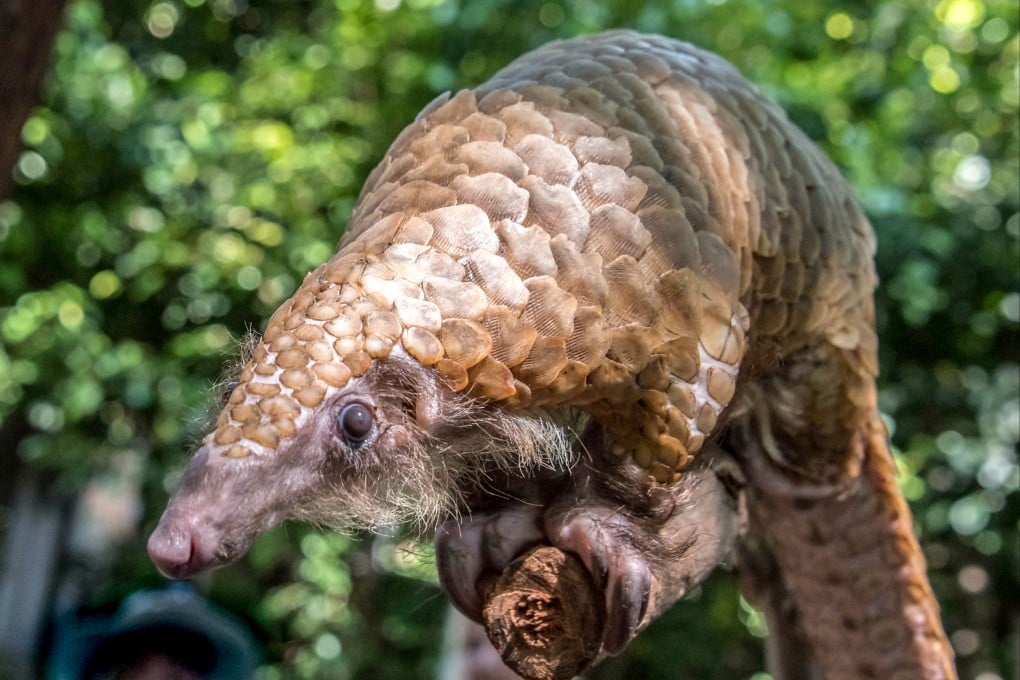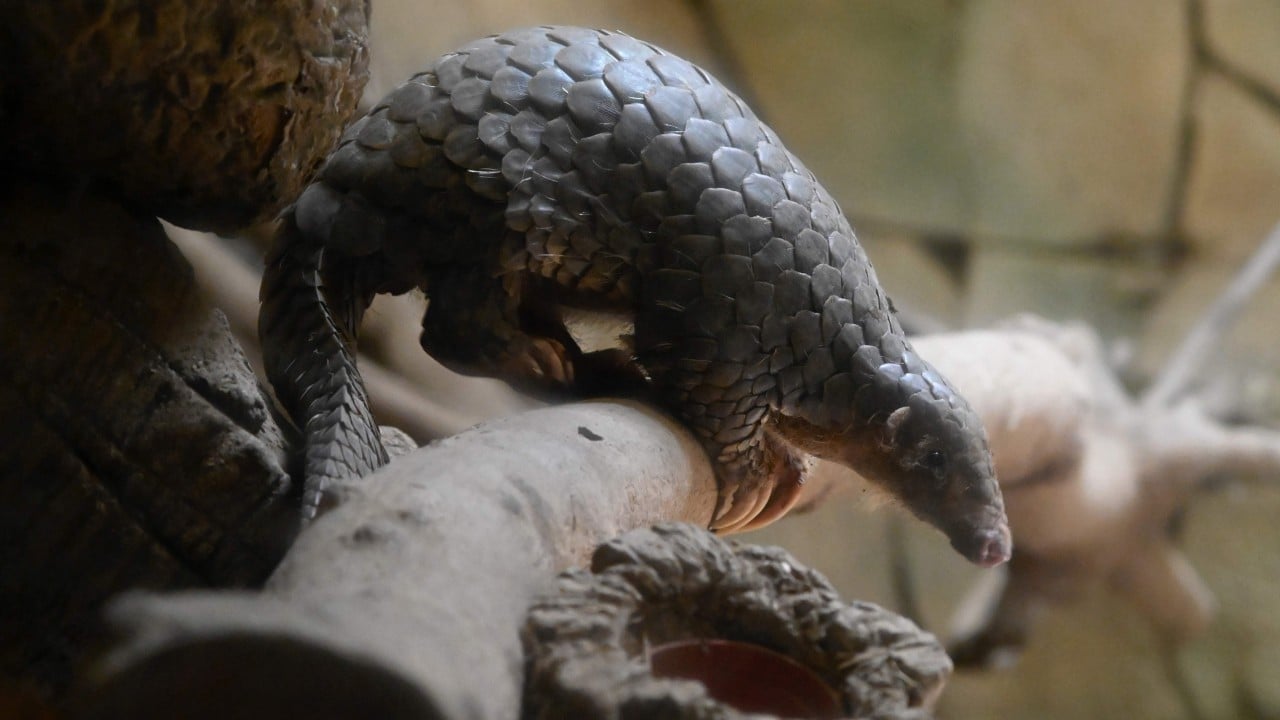Advertisement
Opinion | Asia must act to avoid eating pangolins out of existence
Only decisive, coordinated action can help Asia curb wildlife smuggling and keep its appetite for pangolin from killing off the species
Reading Time:3 minutes
Why you can trust SCMP
0

Earlier this year, scientists at the Zoological Survey of India announced the discovery of a new pangolin species, the Indo-Burmese pangolin. Found in mountainous and subtropical habitats across Nepal, India and Myanmar, the discovery adds to growing knowledge of these elusive mammals.
However, this breakthrough in biodiversity research also raises concerns about increased risks. The UK-based Environmental Investigation Agency has warned that legal loopholes could allow traffickers to take advantage of regulatory grey areas surrounding newly identified species, making them even more vulnerable to poaching and illegal trade.
Pangolins are among the world’s most trafficked mammals, driven by relentless demand across Asia. The region serves as both a destination and a key transit hub for the illegal trade. Between 2015 and 2021, authorities seized more than 330 tonnes of pangolins and their parts, 91 per cent of which were confiscated in mainland China, Vietnam, Hong Kong, Malaysia and Singapore. These numbers likely capture only a fraction of the actual trade as many cases go undetected or unreported.
The history of pangolin exploitation is deeply rooted in Asian cultural practices and traditional medicine. For centuries, their scales – made of keratin, the same material as human fingernails – have been used in traditional remedies despite no scientific evidence supporting such claims, and their meat is considered a delicacy in some regions. However, what was once sustainable local consumption has transformed into an industrial-scale slaughter.
As one of the world’s largest consumers of pangolin products, China has an important role in protecting the species. However, the country’s recent policy shifts reveal a contradiction. Earlier this year, China set an annual quota of one metric tonne of pangolin scales for medical use despite the global ban on the trade. This decision deepens uncertainty about the government’s commitment to pangolin protection.
While China has granted its three native pangolin species the highest level of national protection and removed pangolin scales from the official list of “raw materials” for traditional Chinese medicine (TCM) in 2020, a significant loophole remains when pangolin scales are still included in patented medicine formulas within the country’s official TCM reference books.
Advertisement

